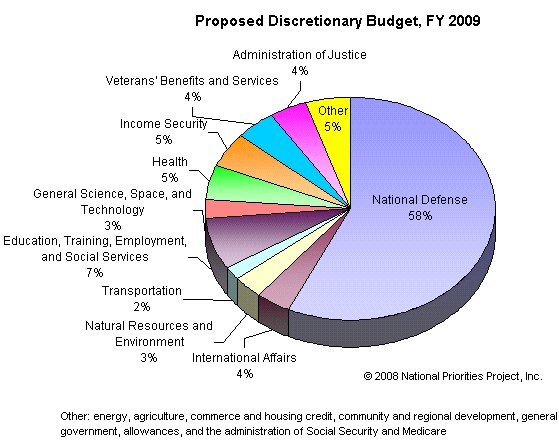richardhutnik said:
NightDragon83 said:
They already have something exactly as described in the OP... it's called Occupy Wall Street. |
Either people didn't see it, or did see it and chose to ignore it.
What I posted came to mind after I saw an article where cities were cracking down on Occupy camps, and also cutting funding to shelters. Someone wrote that homelessness really isn't a problem. But then what happens if the economy gets a lot worse, more people get evicted and lose their homes (over 20% of houses are under water now), and there are budget cuts to addressing homelessness, outside of Hooverville style tent camps? Some would want the homeless to just go under a bridge alone. But you eventually run out of places for people to go to.
|
Again, nothing happens really.
I've already explained this like three times, but i'll try it again. There are currently 3 classifications for homless people.
The first is people who are homeless for 3 weeks or less.
The second is people who are homeless for 2 months or less.
The third are the chronic homeless. Which quoting the HUD.
"In general, a chronically homeless person is an unaccompanied disabled individual who has been continuously homeless for over one year."
Most people who are homeless for more then 2 months is a disabled individual by himself. (Mental illness or drug addiction.)
Regularly functioning people will NEVER be homeless for over 2 months... they'll just rent a place with roommates. I know because I live in Las Vegas. The state with the worst foreclosure rate, and the highest homeless rate (Nearly 1%)
No matter how bad the economy gets... this isn't going to change.
All one needs to do is have rented an aparetment before to understand where most cases of homelessness happen. Usually when you rent an apparentment it takes a week or two before you can move in. Which if it doesn't line up perfectly with your eviction date... your homeless, you could rent a hotel for a week or so. (Which often counts as homeless in statistics anyway) or you could rought it out in your car for a week or stay at a shelter and save yourself a couple hundred bucks.
I know which option i'd pick.
If you ever bother to read any report about homelessness you'll realize this.





















































